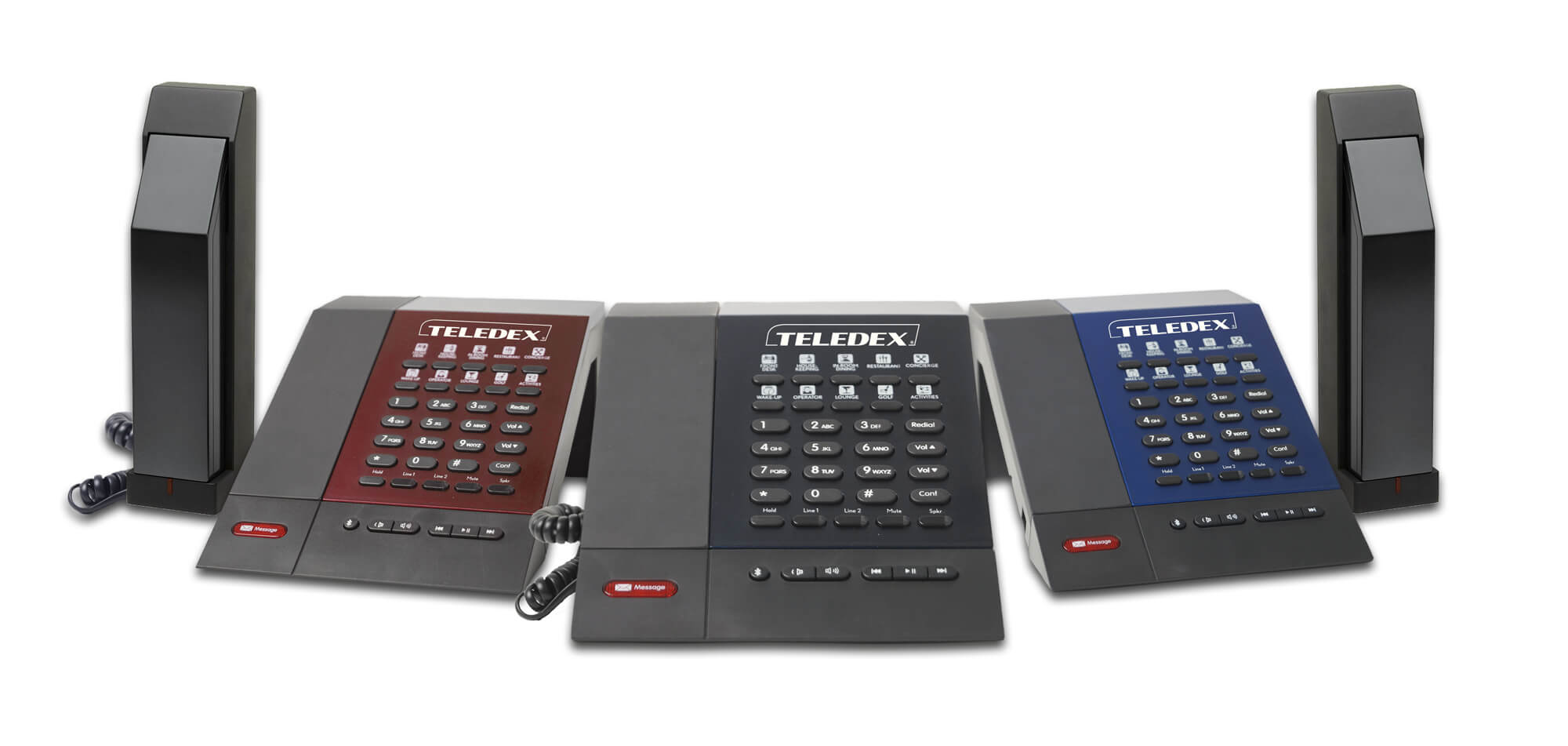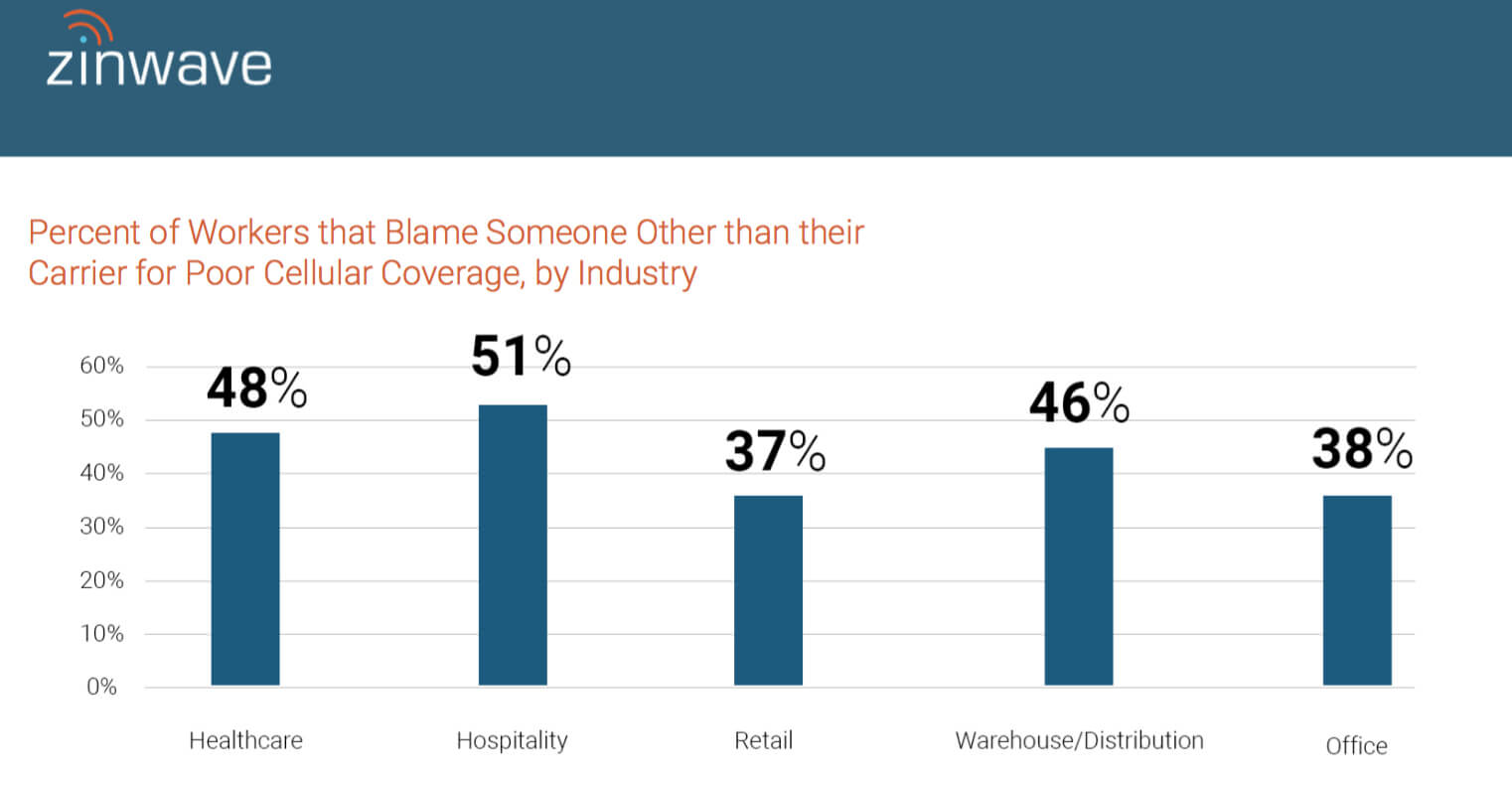For several years now, there has been talk about the guestroom of the future—one that doesn’t include a guestroom telephone. With Amazon’s Echo, Google’s Home and Apple’s Siri now in hotels, that scenario could become reality. Marriott International is running Siri and Alexa-powered Echo at its Aloft hotel in Boston. Wynn Las Vegas recently announced that the hotel is equipping all of its 4,000-plus rooms with the Echo.
“We may be sticking our heads in the sand but my opinion is that Alexa or something like it will replace the guestroom phone in hotel rooms,” said PhoneSuite President Frank Melville.
But there is a problem with all of that technology that hotels haven’t been able to get around—those devices are listening all of the time. “No guest wants something listening to their every conversation all of the time,” Melville said. “That is a challenge that has to be overcome.”
John Grubb, SVP of marketing for Cetis, agreed. Security risks for users in a home setting might be viewed as minimal, but Amazon, Apple and Google will need to convince hoteliers and hotel guests that their conversations and voice commands will not be available to the next guest.
“Undoubtedly, the manufacturers seek to ensure that the devices are safe and secure, but in today’s world of hacking, this type of technology is likely to make some guests a bit uneasy,” he said. “I say this because years ago, hoteliers began to embrace caller ID phones in the hotel room; however, even with proven data-erasing technology to protect caller ID information from inadvertently being available to the next guest, hotels eventually rejected room phones equipped with caller ID.”
Guestroom telephones still fill a need for hotel guests, said Chad Collins, VP of sales, hospitality ad business solutions for VTech. They request wake-up calls, need to order roomservice, and appreciate the peace-of-mind landlines offer in case of an emergency. Emerging technologies are great additions to the guest experience, but not all travelers will engage with these technologies.
“For example, baby boomers—an age group of people who travel often—are more likely to pick up the phone to call [the] concierge than engage in more complicated technology,” he said. “Until our hotel safety laws change, the guestroom phone is here to stay. The functionality of the phone may change like transitioning from cordless to corded, or upgrading basic functionality with speakerphones. However, hotel phones remain the primary vehicle of communication between guests and hotel staff.”
Wake-up calls, concierge recommendations and roomservice remain the top three reasons a guest will engage with the room phone. In four- and five-star properties, cordless phones allow guests to remain untethered to their bedside tables or desks, Collins said. In the not-so-distant past, hotel brands changed from requiring two and three phones per room to only requiring one. Hotel brands understand that the way guests engage with them is changing but the in-room phone still fills a needed means of direct communication with guests.
VoIP in hotels is advancing

While voice over internet protocol is not new to hospitality, it is now becoming more affordable for hotels. There are no feature benefits for the guest but it can save the hotel on infrastructure. Most systems installed today are at least a hybrid of VoIP, Melville said.
The cost to have a complete IP solution has come down significantly in the past five years, Collins said. “IP phone sales have gained tremendous ground over analog phone sales,” he continued. “Converge networks are becoming the norm at even limited-service hotels, which drives the popularity of VoIP solutions.”
Because the analog and VoIP phone guest experience is essentially the same, the guest enjoys a seamless calling experience, and the hotelier reaps the advantages of unified networking and communications as well as and outbound call savings, said Grubb. For hotels that prefer a traditional analog hotel phone, analog telephone adapters connect traditional analog landline phones to an internet router or modem, allowing the hotel to connect via VoIP to achieve similar VoIP networking advantages.
Cell connectivity poses issue in hotels

Seventy-seven percent of hospitality workers deal with poor indoor coverage, according to a new study by Zinwave. the "Cellular in the Workplace Survey" reports that this should be a concern for hospitality businesses because poor cellular coverage isn’t selective—if your employees are noticing trouble connecting, then your guests are definitely experiencing problems, too.
“Wireless service at hotels is no longer a luxury; it’s a necessity,” said Scott Willis, president and CEO of Zinwave. “From connecting workers to connecting guests, hotels require pervasive, seamless wireless solutions that will work today and will support coming new frequencies without forklift upgrades and the associated disruption to operations.”
Overall, the Zinwave survey learned that the problem of poor cellular coverage is widespread. Of the 1,000 U.S. office workers surveyed, 74 percent complained that they either “frequently” or “sometimes” had problems with poor cellular coverage in the workplace.
Millenials are 58 percent more likely to blame their employer when there’s a connectivity issue. Uninterrupted indoor cellular signal is going to be the expectation, and those younger generations aren’t going to work in buildings, or for employers, who can’t provide connectivity. More than half of hospitality workers, 51 percent, blame someone other than the carrier.
While the problem of unreliable coverage was fairly widespread, not every employee is inclined to say something when the coverage becomes spotty. Millennial office workers are 68 percent more likely to complain of “frequent” problems with cellular coverage in the workplace than their coworkers.
There are a couple of factors that likely contribute to that number. Many younger workers haven’t lived through a time when cellular coverage, even outdoors, wasn’t nearly 100-percent reliable. For workers even just a few years older than the millennials, they can recall a time when the cellular network wasn’t as ubiquitous as it is now. Therefore, dealing with a weak or nonexistent signal, while far from ideal, isn’t an unfamiliar idea.
The second factor is that these younger workers live a much more online life. Data access and the capabilities that come with it are woven into their everyday routine. That makes them much more reliant on access to mobile data and much more likely to notice when it’s not there.
